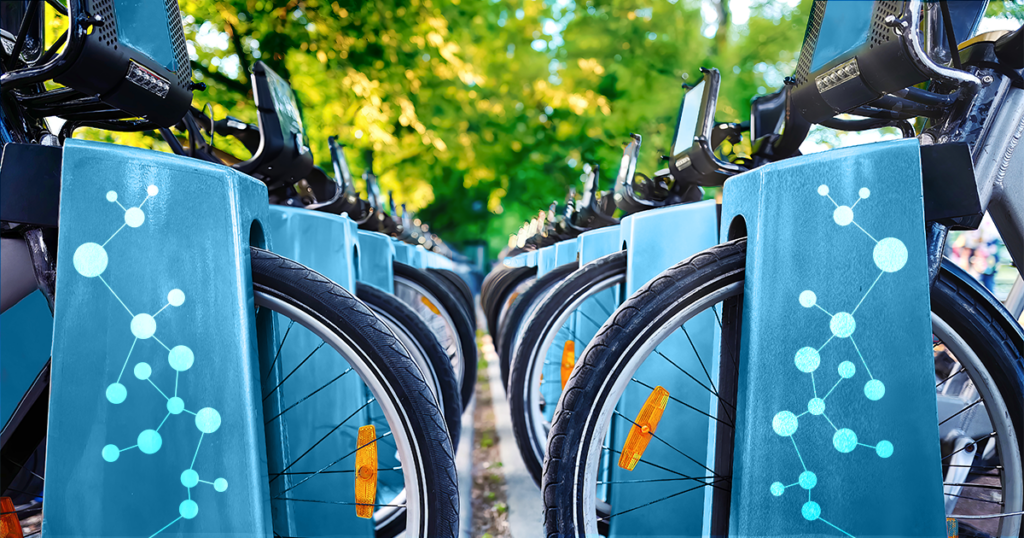Hydrogen-powered electric bikes are gaining popularity as a substitute for lithium-ion battery-powered e-bikes, largely due to their extended range and eco-friendliness. While lithium-ion batteries may pose a risk if not managed correctly, hydrogen fuel cells emit only water and are considered to be safer. In this article, we will delve into the latest advancements in hydrogen-powered electric bikes.
YouOn Technology, a Chinese company, has launched a collapsible hydrogen-powered bicycle that features a hydrogen fuel cell and a low-pressure hydrogen storage device. The fuel cell produces power to run the bike once its proton exchange membrane (PEM) is supplied with hydrogen from the hydrogen storage device. The hydrogen-powered variant is said to have a lengthier lifespan and is considered more eco-friendly than traditional e-bikes using lithium-ion batteries, as per the company’s claims.
YouOn Technology also operates a bicycle-sharing platform in Changzhou city for its hydrogen-powered bicycles. The bikes are painted pastel blue and include a hydrogen fuel tank situated inside the sturdy metal frame and a hydrogen power transformer/battery pack beneath the seat. The bikes are light and can reach speeds of up to 23km/h, while covering an impressive 70km on a full hydrogen charge. YouOn Technology has been working on the concept of hydrogen-powered electric bikes since 2017, aiming to find an engineering solution to hydrogen storage issues.
Pragma Mobility, a French e-mobility specialist, has been researching hydrogen-powered e-bikes for quite some time. Its latest model, the Alpha Neo, comes with a hydrogen fuel cell that can be refueled in under two minutes. The Alpha Neo is powered by a 250-watt electric motor, which is integrated into the hub, and is fitted with a hydrogen pack with a small 480 watt fuel cell, providing a range of 120 to 150 kilometers on a single charge. However, the Alpha Neo is relatively costly, with a price tag of 5,690 euros ($5,893 USD), excluding taxes.
LAVO, an Australian firm, has developed a hybrid hydrogen battery that leverages solar energy to extract hydrogen from water. The mechanism employs a process of electrolysis to divide the oxygen and hydrogen found in water’s chemical composition. The hydrogen is then incorporated into a patented metal hydride, which converts it into battery power. LAVO has partnered with Studio MOM to create a modular frame hydrogen-powered bicycle that can be customized from a city bike to a transportation bike for small business usage.
Although hydrogen-powered e-bikes have advantages in terms of range and eco-friendliness, their progress is hindered by the shortage of hydrogen refueling stations. Currently, the limited number of refueling stations makes it difficult for users to refuel their bikes. Hydrogen-powered e-bikes also come with a higher price tag than their lithium-ion battery counterparts. Nonetheless, they could be feasible for delivery fleets that require a decent range and can invest in solar refueling stations that can serve multiple bikes.
Hydrogen-powered e-bikes are a fascinating and novel development in the realm of e-bikes. Although they still face challenges such as the lack of refueling stations, they have the potential to become a trend in the future as more companies invest in their development. They may be particularly advantageous for delivery fleets, where range is critical and solar refueling stations can be more readily installed. However, the ecological impact of fuel cell e-bikes, like that of hydrogen vehicles in general, remains to be seen.
